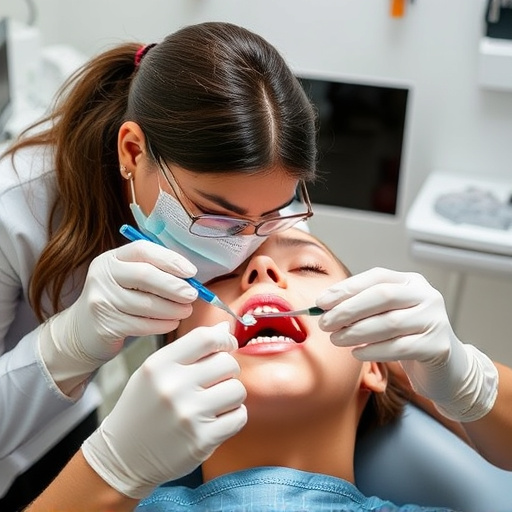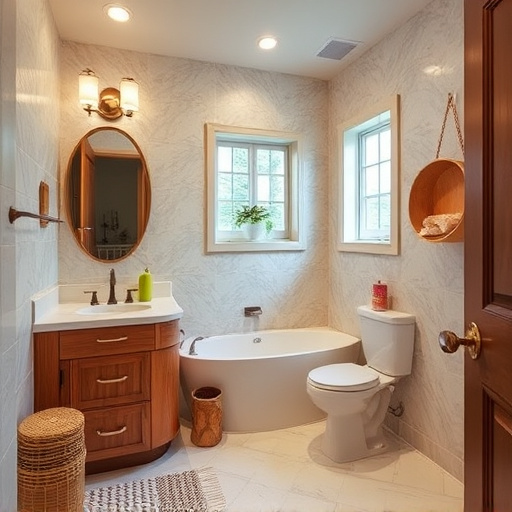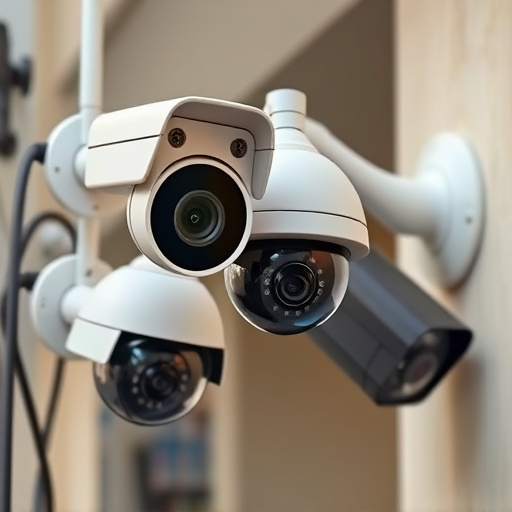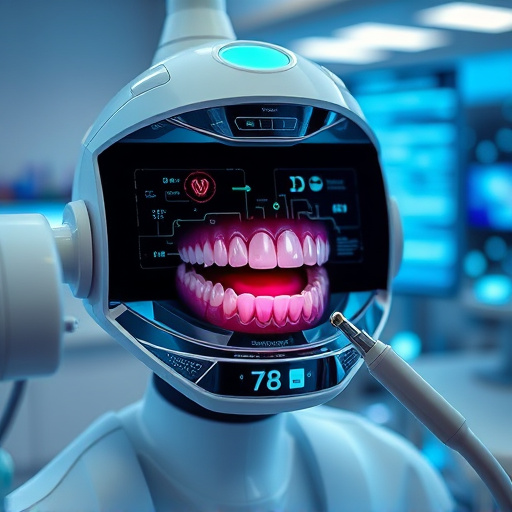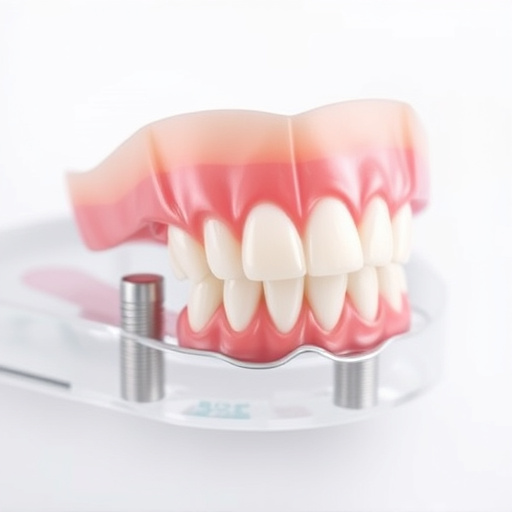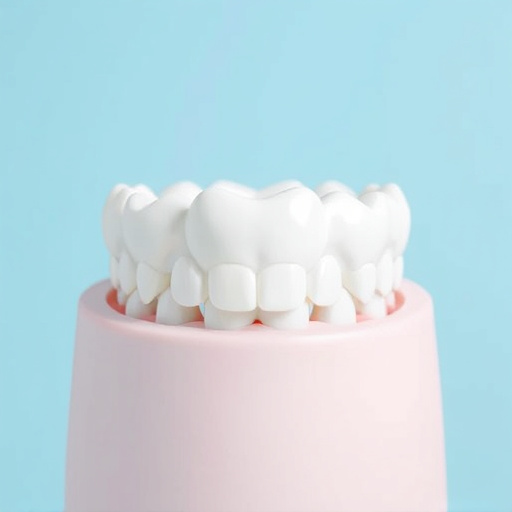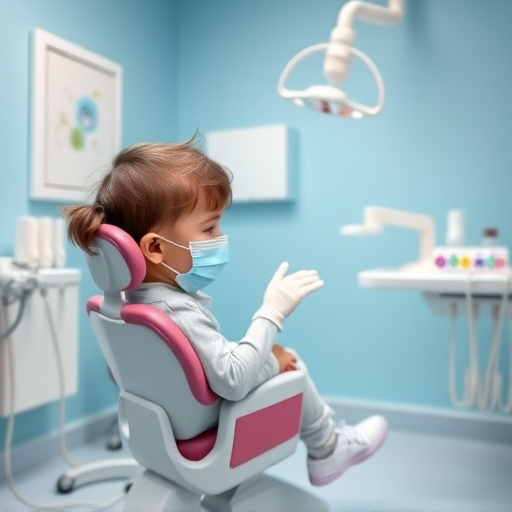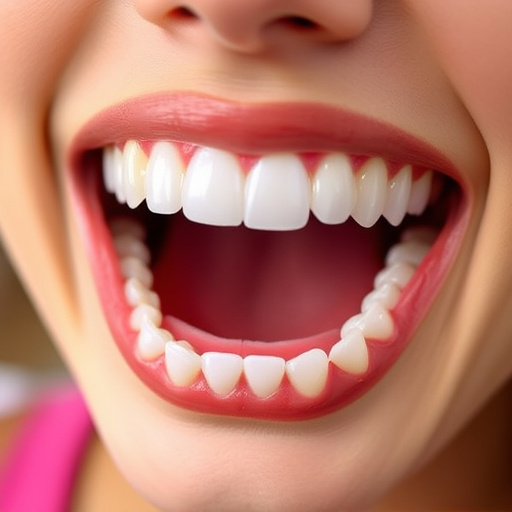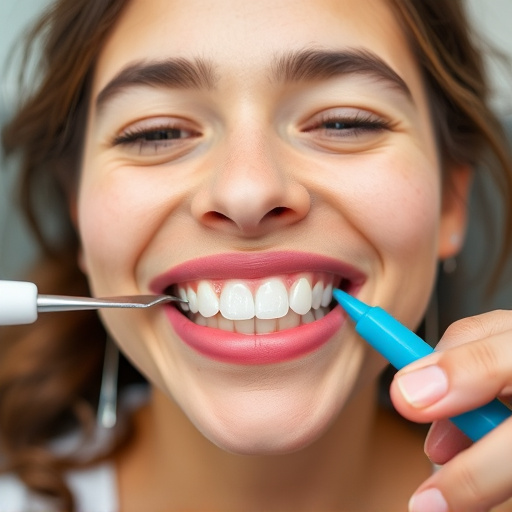Aging presents unique dental health challenges, including reduced saliva production, medication side effects, and decreased dexterity, increasing risks of tooth decay and gum disease. Conditions like dry mouth, osteoporosis, and medication-induced discoloration further complicate oral well-being in seniors. Customized dental care solutions, emphasizing preventive dentistry and tailored procedures like implants, address mobility and cognitive changes, ensuring optimal oral health for this demographic. Technology, including digital imaging and 3D printing, streamlines diagnoses and treatments, making dental care more accessible and comfortable for seniors.
As people age, their dental needs evolve, presenting unique challenges. This article explores comprehensive strategies for dental care for seniors, focusing on understanding and addressing specific oral health issues that arise with aging. We delve into customized care approaches tailored to elderly patients, highlighting the transformative role of technology in enhancing oral healthcare for this demographic. By examining these aspects, we aim to provide valuable insights into ensuring optimal dental well-being among seniors.
- Understanding Senior Dental Health Challenges
- Customized Care Strategies for Elderly Patients
- Technology's Role in Aging Oral Care
Understanding Senior Dental Health Challenges
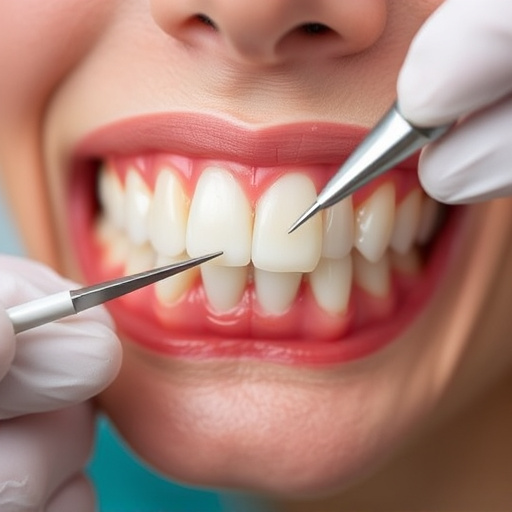
As people age, their dental health needs evolve, presenting unique challenges for both seniors and healthcare providers. Understanding these changing requirements is essential in ensuring optimal oral care for this demographic. One significant concern is the increased risk of tooth decay and gum disease due to factors like reduced saliva production, medication side effects, and decreased manual dexterity, which can hinder proper hygiene practices.
Moreover, seniors often face specific health issues that impact their dental well-being, such as dry mouth, osteoporosis, and certain medications that may cause tooth discoloration or sensitivity. Accessing dental care becomes more complex with mobility limitations and potential cognitive changes, emphasizing the need for adaptable and sensitive oral healthcare solutions, including preventive dentistry, emergency dental care, and advanced procedures like dental implants to address these senior dental health challenges effectively.
Customized Care Strategies for Elderly Patients
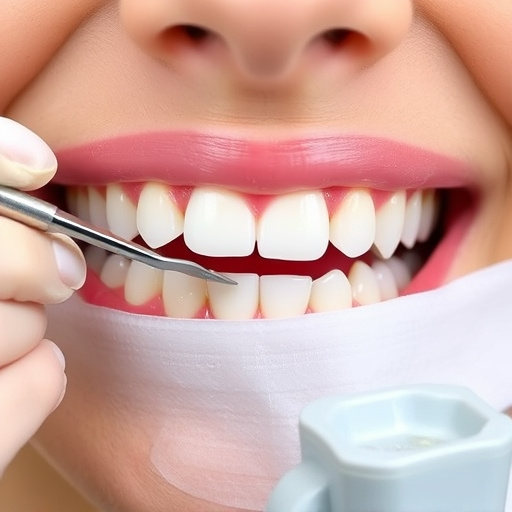
As individuals age, their dental needs evolve, requiring a tailored approach to dental care for seniors. Customized care strategies are essential to address the unique challenges faced by elderly patients. Dentists should focus on preventive measures, such as regular check-ups and oral hygiene education, to mitigate age-related issues like tooth decay and gum disease. This proactive stance not only improves overall oral health but also helps in identifying potential problems early, ensuring timely treatment.
Furthermore, adapting to specific needs means considering procedures like wisdom tooth removal, which may become more urgent as jaw space decreases with age. Some seniors might also require modifications to traditional dental treatments based on their medical history or mobility issues. Providing compassionate and personalized care ensures that elderly patients receive the best possible dental care for their changing circumstances, promoting not only oral health but also overall well-being.
Technology's Role in Aging Oral Care
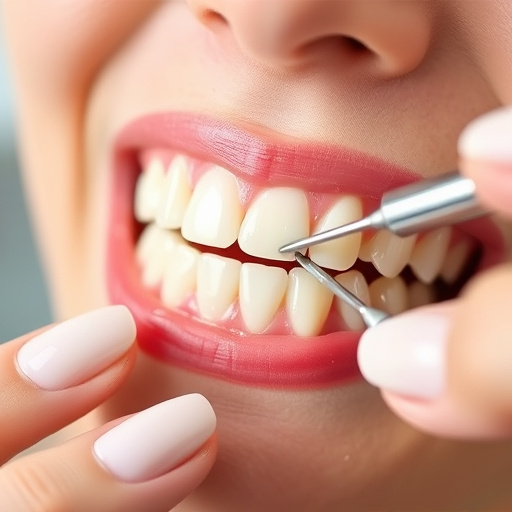
As people age, their dental care needs evolve, requiring tailored approaches that address changing physical and cognitive abilities. Technology plays a pivotal role in revolutionizing oral healthcare for seniors by offering advanced solutions that make treatments more accessible and comfortable. Innovations such as digital imaging, computer-aided design, and 3D printing enable precise diagnoses and personalized restorative options like cosmetic fillings, which can enhance both function and aesthetics.
Moreover, technology streamlines routine oral exams through comprehensive oral scanning systems, capturing detailed data for accurate assessments. Clear aligners, another modern alternative to traditional braces, provide an invisible and comfortable solution for correcting tooth alignment issues, making dental care more acceptable and easier for seniors who may struggle with conventional orthodontic treatments.
Dental care for seniors is not just about maintaining a healthy smile; it’s about adapting to changing needs. By understanding the unique challenges faced by elderly patients, implementing customized care strategies, and leveraging technology, we can ensure optimal oral health as people age. These adaptations not only enhance quality of life but also reflect the evolving landscape of dental care for seniors.



